
In Rome, Pope Francis has released a video message for young people to pursue the beauty of married love.
He has dedicated the month of June as a time for the Catholic Church to pray for engaged couples.
In the video, the Pope admits that marriage can be demanding and complicated, but he adds that it is also something beautiful.
He also offers the reassurance that the husband and wife are never alone as, he says, Jesus accompanies them too.
The Vatican released a press statement accompanying the prayer intention which noted that the Church is currently marking the “Special Year of the Family”, which kicked off on 19 March 2021.
Marriage rates, says the statement, have plummeted around the world since 1972, while divorce rates have skyrocketed and the age at which people marry has grown steadily.
These trends have likely worsened since the outbreak of the Covid-19 pandemic.
“Preparing young people and engaged couples for a real vocation, not just for the celebration of a wedding, is a priority,” says Dr. Gabriella Gambino, the Undersecretary of the Dicastery for Laity, Family, and Life.
“In a secularized society that no longer believes in marriage,” says Dr. Gambino, “we must proclaim the strength and power of the sacrament as a vocation and show that family relationships can have a salvific value for people and be a path to holiness. It is a matter of concretely bringing Christ into the lives of families.”
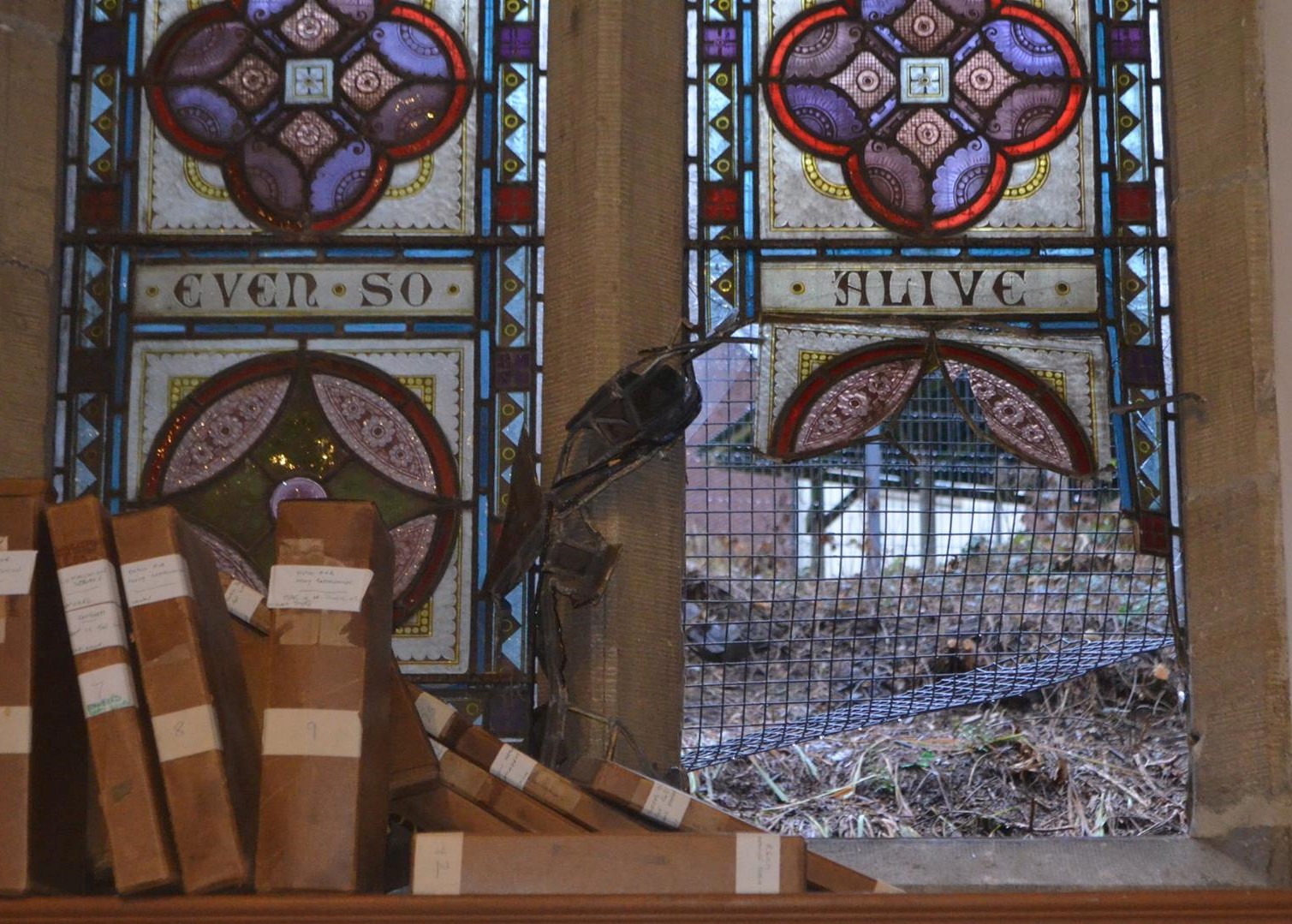
Faith leaders in Scotland have welcomed a Government move to subsidise new security measures in places of worship.
Individual churches, mosques, and synagogues can receive up to £20,000 to enhance security.
Places of worship deemed particularly at-risk of attacks are eligible for 100 per cent grants.
Michael Veitch of the Christian public policy charity “CARE for Scotland”, welcomed the announcement.
“In recent years, there have been alarming attacks on places of worship in Scotland including churches, synagogues, and mosques. This money will enable congregations to install security measures to act both as a deterrent to criminals and a reassurance to worshippers.
“Whilst the maximum grant available to individual places of worship is less than in England, the fact that 100 per cent grants are to be provided to the most at-risk settings is especially welcome. We hope that this assistance for places of worship will become a regular feature in Scottish Government budgets.
“We also call on Ministers to send a strong message that religiously-motivated hatred has no place in modern Scotland including hatred against Christians, which often receives less media coverage.”
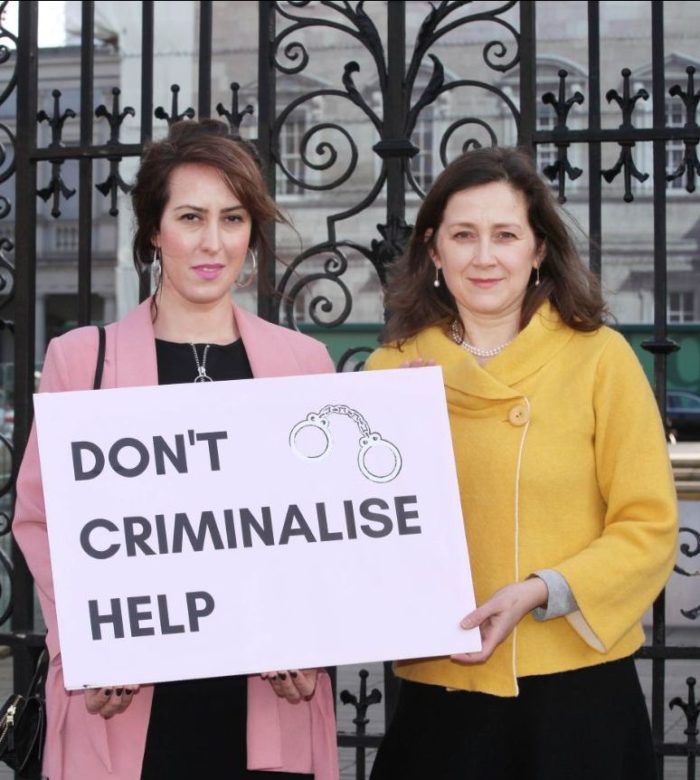
A motion urging the Health Minister to introduce exclusion zones to prevent people from holding pro-life vigils outside maternity hospitals was taken off the agenda by Limerick City and County Council on Monday and no debate or vote was had on the topic.
Labour councillor Conor Sheehan said: “I was disappointed that the motion wasn’t put on the agenda. I felt like I was censored.”
He believes it was not put on the agenda because Council officials thought the issue “is a bit of a hot potato” and did not want to deal with it. “We can’t shy away from these issues,” he said.
Limerick City and County Council said Sheehan’s motion required “further clarification” before it could be placed on the agenda, but that due to “miscommunication” this was not brought to the councillor’s attention.
The councillor says “We have had an ongoing issue in Limerick for the last couple of months with people congregating outside the maternity hospital in Limerick in groups holding vigils,” he said.
“They are walking around the perimeter of the hospital, holding rosary beads and praying.”
The Limerick city councillor added: “They have changed their approach since the referendum. They no longer go for the graphic imagery that they used before. It’s more subtle but it is still there.”
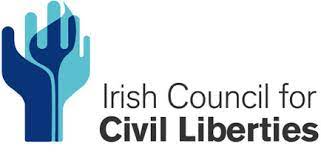
A leading human rights group has said the pandemic related restrictions on public worship were excessive and disproportionate interferences with human rights.
Liam Herrick, executive director of the Irish Council for Civil Liberties (ICCL) was commenting on the government’s proposed extension of Covid-19 emergency powers.
He said that there was no justification for the Health Minister retaining “unlimited” powers when public health restrictions were being eased. Herrick called for the Oireachtas to conduct an “extensive review” of the powers before any decision is taken to extend them.
In relation to public worship and the right to protest, Herrick told the Oireachtas health committee Tuesday: “While many of the regulations served a clear and understandable purpose, in the absence of any human rights impact assessment, ICCL believes that some regulations have presented excessive and disproportionate interferences with human rights – such as the failure to adequately respect the right to protest and worship”.
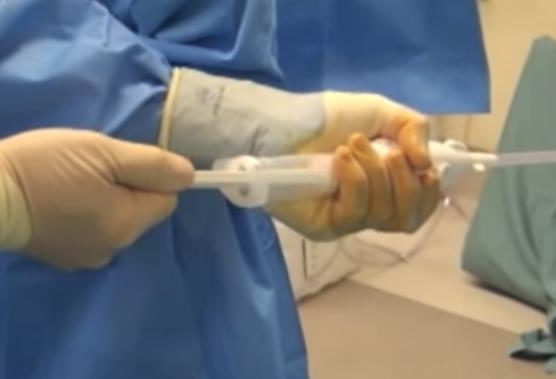
The Department of Health has said a review of the 2018 Abortion Act will be “progressed” this year.
Under the Act the Minister must carry out a review of its operation no later than three years after its commencement. The act came into force on 1 January 2019.
“The Department of Health will manage the public consultation, which will extend a public invitation to all interested groups, organisations and members of the public to provide their views to inform the review of the operation of the legislation.
Pro-abortion groups are actively lobbying for the few remaining restrictions to be eased. The National Women’s Council wants abortion to be completely decriminalised.
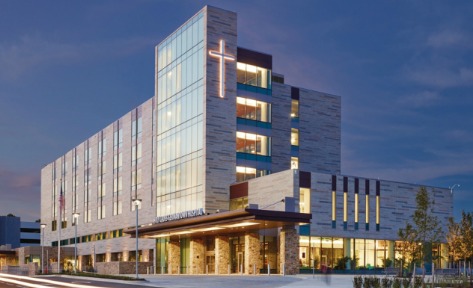
Activists have said it’s “clear” the new maternity Hospital won’t be providing any services ‘banned by Rome’, like sterilisation and abortion. This is despite repeated assurances that the hospital will carry out any procedures that are legal in the State.
Jo Tully, chair of the Campaign Against Church Ownership of Women’s Healthcare says: “The Sisters of Charity suggested they were going to stand back from this new company, both from control and ownership, all of which is smoke and mirrors and it’s not actually true.
“Because the new company that they have set up into which we are now going to put our new National Maternity Hospital is effectively going to be controlled and owned by a Catholic ethos and that is the big concern which means there are huge implications for women’s reproductive healthcare”.
The group presented a petition with more than 100,000 signatures to Health Minister Stephen Donnelly on Tuesday.
They were greeted by numerous TDs and Senators outside Dail Eireann who offered their support.
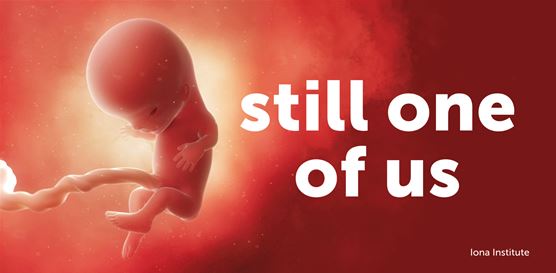
The reality of Repeal is the opposite of what politicians promised, according to the Pro-Life Campaign.
It was May 25th, three years ago, that the country voted to remove the right to life of unborn children from the constitution.
This was followed by legislation to enact a radical abortion regime.
Eilis Mulroy says the Government presented a sanitised picture of what would happen, but the reality has been very different:
“There has been a huge increase in the number of abortions since the new law came into effect. I have talked to many people who voted Yes in the referendum who are also appalled by this increase and about things like the fact that there’s no provision in the new law ensuring that unborn babies are given pain relief before late-term abortions.
“The Government painted a very sanitised picture of the abortion regime that would operate in the event of repeal and now that the opposite has happened they don’t want to talk about it or deal with the reality of what they have created”.
She added: “In the pro-life movement, we regard what has happened as an absolute betrayal of women and their unborn babies, but we are realistic enough to know that it’s going to take time to get the word out about the reality of what the new law really involves. We are confident however that once people realise the truth of what’s happening, they will start to question the new law and look for answers from the politicians who misled them into thinking things would be very different.”
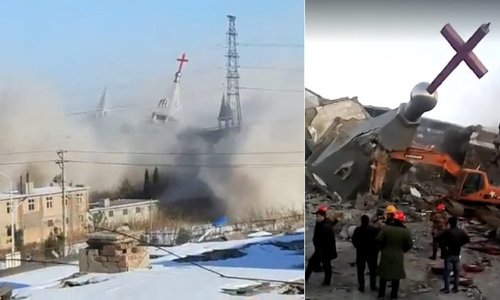
In the space of just two days, almost all the ecclesiastical personnel of the apostolic prefecture of Xinxiang in China were removed when police forces arrested the bishop Msgr. Zhang Weizhu, seven priests and 10 seminarians.
Following the directives of the New Regulations on religious activities, the factory was closed and the director of the company, a Catholic, was arrested.
The apostolic prefecture of Xinxiang is not recognised by the Chinese government. As a result the activities of priests, seminarians and faithful are considered “illegal” and “criminal”.
The civil authorities believe that there are other seminarians who have managed to escape and are looking for them in the surrounding area.
Public security and police are going from house to house in search of them. If they discover that there are signs attributable to the Catholic faith (crosses, statues, sacred images, photos of the pope, etc.), the owners are fined and the objects seized and destroyed.
According to many observers, since the signing of the provisional agreement between China and the Holy See, the persecution of Catholics – especially the unofficial ones – has increased. For many faithful “the Agreement has been betrayed”.

Sex and relationships education that places the marriage of a man and a woman at the top of a family ‘hierarchy’ should not be permitted, even in Catholic schools, according to Sinn Fein’s education spokesperson.
Donnchadh Ó Laoghaire, TD, was commenting on the new RSE supplementary resource for Catholic primary schools called ‘Flourish’.
He told RTE’s Drivetime that the State effectively delegates the teaching of RSE to patrons and school management bodies, by offering a basic outline while schools fill in the blanks and teach through the prism of their ethos.
“What I don’t believe Irish parents want, is that RSE is being taught through this prism for 90% of children . . . there is a very clear statement there about a hierarchy of what a relationship should be, it should be between a man and a woman married”.
He added that it was “wrong” of the State to have delegated this task to school patrons and management bodies.
He said there should instead be a minimum standard that should be taught and that should include that “there is no ‘hierarchy’”.
He welcomed the current review of RSE by the NCCA, but fears that legislation protecting the “characteristic spirit” of schools might frustrate change.
He accepted that it is currently legal for Catholic schools to teach a program such as Flourish, but said “I wish that it was not the case”. He wants a far more prescriptive course from the NCCA and if other legislation were to block it, then that other legislation should be changed also.
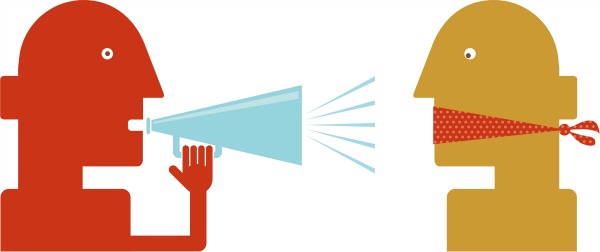
So-called ‘hate speech’ laws can be used to diminish the presence of religion in public life, according to the Catholic bishop of Down & Connor, Noel Traenor.
Responding to comments on the same topic from a Vatican official, he told The Irish Catholic: “Where faith and religion are either eroded in the public square or banished from it, they can sometimes be banished by what is effectively hate speech, total misrepresentation of religion and faith.”
He said that the equation of religious language with intolerance is problematic.
“We must be attentive lest the limitations of freedom of speech are used in a way that would erode the proper and appropriate place of religious faith or the expression of a religious voice from the public square,”
Msgr Janusz Urbanczyk, permanent representative of the Holy See to the Organisation for Security and Co-operation in Europe (OSCE) said he regretted “many preoccupying instances where private individuals and public officials or bodies seek to frighten or intimidate Christians, Jews, Muslims and members of other religions from expressing their faith-based opinion in the public sphere and hinder them from taking an active part in society”. This intolerance, he said, is often advanced through accusations of “hatred” or “hate speech”, equating religious beliefs to hate and thus depicting religion as a problem.